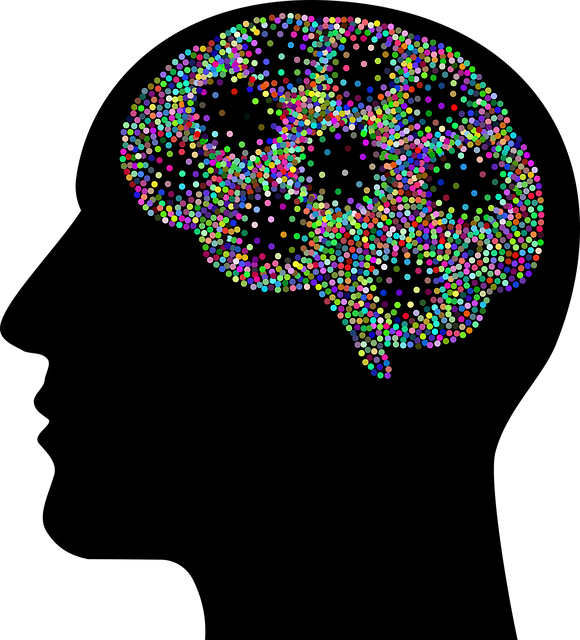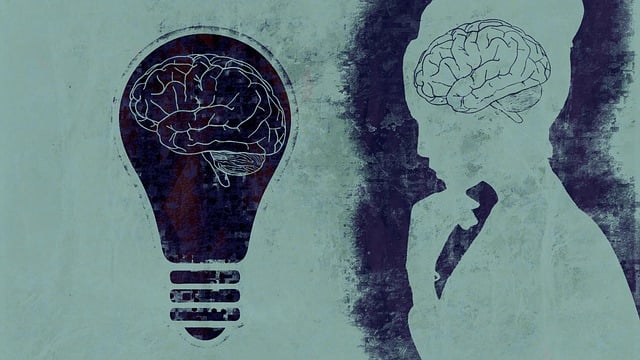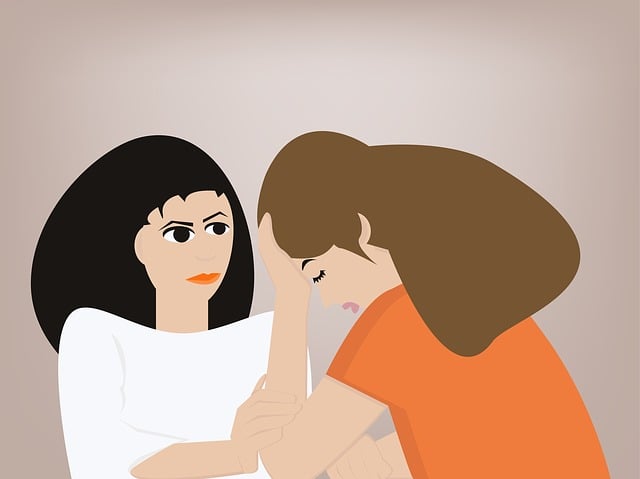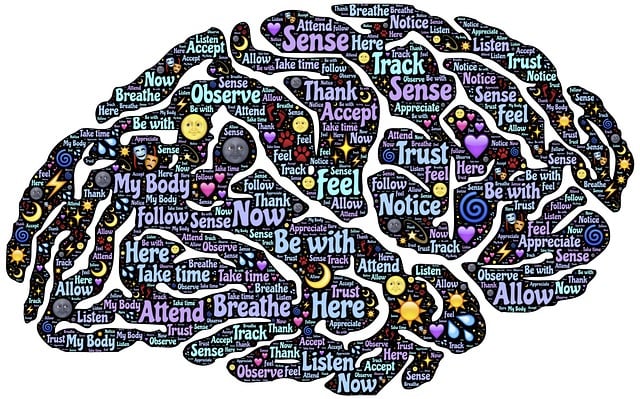Westminster Suicide Prevention Therapy emphasizes cultural sensitivity as a cornerstone for effective mental healthcare. By understanding diverse cultural backgrounds, values, and belief systems, therapists build trust and meaningful connections with clients. Tailored Trauma Support Services, combined with empathetic communication, improve client engagement and outcomes. Continuous learning and culturally responsive practices ensure therapists address unique challenges, fostering inclusivity and accessibility in mental health care.
Cultural sensitivity is a cornerstone in modern mental healthcare, ensuring equitable and effective treatment for all. This article explores the intricate relationship between cultural diversity and mental well-being, with a focus on improving therapy outcomes. We delve into the real-world application of Westminster Suicide Prevention Therapy, showcasing how culturally competent practices can transform lives. Through case studies and strategic insights, we uncover essential tools for healthcare professionals to navigate diverse cultural contexts, ultimately enhancing patient care and community resilience.
- Understanding Cultural Diversity in Mental Healthcare
- The Impact of Cultural Sensitivity on Therapy Outcomes
- Westminster Suicide Prevention Therapy: A Case Study
- Strategies for Culturally Competent Practice in Mental Health Care
Understanding Cultural Diversity in Mental Healthcare

In today’s diverse society, mental healthcare professionals must embrace cultural sensitivity to effectively serve a wide range of clients. Understanding cultural diversity goes beyond recognizing different ethnic backgrounds; it involves appreciating the unique belief systems, values, and practices that shape individuals’ experiences of mental health and illness. This understanding is crucial for building trust and fostering meaningful connections between therapists and clients from various cultural backgrounds, including those seeking help at Westminster Suicide Prevention Therapy.
Effective communication strategies are key to navigating these differences. Professionals should be trained in culturally responsive communication techniques that promote empathy, active listening, and non-judgmental attitudes. By incorporating these skills, healthcare providers can better assess and address the specific needs of their clients, ensuring that Trauma Support Services are tailored to individual cultural contexts. Moreover, preventing burnout among healthcare providers is essential, as it allows them to remain attentive and compassionate when addressing the complex needs of diverse populations, ultimately enhancing the overall quality of mental health care.
The Impact of Cultural Sensitivity on Therapy Outcomes

Cultural sensitivity plays a pivotal role in shaping therapy outcomes, especially within the diverse tapestry of mental healthcare. When therapists embrace cultural awareness, they create a safe and inclusive environment that fosters meaningful connections with clients from various backgrounds. This is particularly significant in communities like Westminster, where Suicide Prevention Therapy services must cater to individuals from different ethnic, religious, and socio-economic groups. By integrating cultural sensitivity, practitioners can better understand the unique perspectives, values, and beliefs of their clients, leading to more effective treatment plans.
For instance, therapists trained in this aspect are adept at recognizing how cultural factors influence mental health expressions and coping mechanisms. They may adapt their approach for non-Western mind-body principles, such as incorporating Mind Over Matter practices or encouraging Mental Wellness Journaling Exercises tailored to the client’s cultural context. Such personalized interventions enhance therapy engagement and promote positive outcomes, ultimately reducing disparities in mental healthcare access and effectiveness, which is a key focus of Westminster Suicide Prevention Therapy initiatives.
Westminster Suicide Prevention Therapy: A Case Study

Westminster Suicide Prevention Therapy (WSPT) stands as a remarkable case study in cultural sensitivity within mental healthcare. This approach recognizes that understanding a client’s background, including their ethnic, cultural, and social identities, is paramount to effective therapy. WSPT integrates traditional counseling techniques with culturally responsive practices, ensuring that interventions are not only therapeutic but also respectful of diverse beliefs and values.
By adopting this method, mental health professionals can better address the unique challenges faced by individuals from various cultures. For instance, WSPT might involve incorporating self-care practices tailored to specific cultural contexts, which can significantly enhance mood management and overall well-being. Moreover, it encourages therapists to stay informed about relevant mental health policy analyses and advocacy efforts, ensuring that their practice aligns with community needs and promotes positive changes in mental healthcare accessibility and equality.
Strategies for Culturally Competent Practice in Mental Health Care

Incorporating cultural sensitivity into mental healthcare practice is essential for providing effective treatment to a diverse range of clients. One of the key strategies is to cultivate awareness and knowledge about various cultural backgrounds, beliefs, and values. This involves continuous learning about different communities, their unique challenges, and strengths. For instance, understanding the impact of cultural identities on mental health experiences can help therapists tailor their approach. At Westminster Suicide Prevention Therapy, we recognize that a one-size-fits-all method may not be suitable for all individuals, especially those from diverse ethnic or socioeconomic backgrounds.
Effective communication strategies are another vital tool. Therapists should encourage open dialogue, actively listen, and adapt their communication style to suit the client’s needs. Using plain language and avoiding jargon can make sessions more accessible. Additionally, promoting positive thinking and teaching emotional regulation skills that are culturally relevant can empower clients to manage their mental health in ways that resonate with their personal beliefs and values. These approaches ensure that therapy remains respectful and meaningful, fostering a safe space for individuals from all backgrounds to seek support.
Cultural sensitivity is a cornerstone of effective mental healthcare, as evidenced by the transformative impact seen in initiatives like Westminster Suicide Prevention Therapy. By integrating culturally competent practices, we can significantly improve therapy outcomes for diverse populations. Understanding cultural diversity and implementing specific strategies ensures that everyone receives care tailored to their unique needs and backgrounds. This approach not only enhances therapeutic effectiveness but also fosters a more inclusive and supportive mental healthcare environment.














